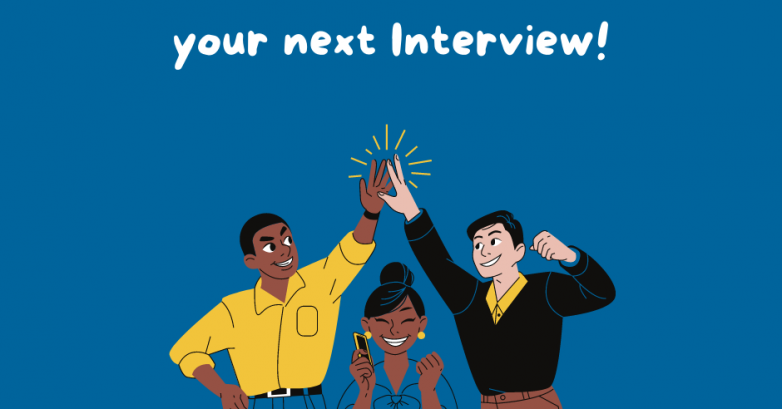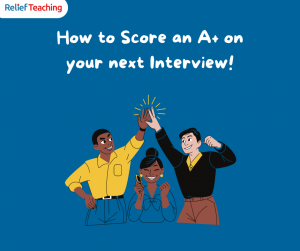If you are looking to become a teacher in Australia, then congratulations on taking the first step towards a rewarding career in education!
We all know how daunting some job interviews can be, but with the right preparation and mindset, you can make a great impression and increase your chances of being hired. In this blog post, we will provide you with tips on how to be successful in a job interview when trying to become a teacher in Australia.
1. Research the school
Before attending the interview, it is important to research the school you are applying to. This will help you understand the school’s culture, values, and teaching style. You should also familiarize yourself with the curriculum, student population, and any recent achievements or challenges that the school has faced. This information can be found on the school’s website which you can find here, social media pages, and through online reviews. Use this information to tailor your responses during the interview and demonstrate your knowledge of the school.
2. Prepare for common questions.
Most teacher job interviews in Australia will include questions related to your teaching experience, qualifications, and teaching philosophy. You should prepare responses to these questions in advance to ensure that you can articulate your answers clearly and confidently. Some common questions you may be asked include:
“Why do you want to be a teacher?”
“What are your strengths and weaknesses as a teacher?”
“How do you differentiate instruction to meet the needs of all students?”
“How do you handle student behavior problems?”
“How do you integrate technology into your lessons?”
3. Showcase your teaching portfolio.
A teaching portfolio is a collection of your best lesson plans, student work, assessments, and other evidence of your teaching ability. A teaching portfolio can be a powerful tool to showcase your skills and experience during a job interview. Make sure your portfolio is well-organized and easy to navigate, with clear explanations of your teaching philosophy and goals. Be prepared to explain each item in your portfolio and how it demonstrates your teaching abilities.
4. Dress appropriately
First impressions count, so it is important to dress appropriately for the job interview. Dress in professional attire, such as a suit or dress pants and a blouse, to show that you take the interview seriously and respect the interviewer’s time. Make sure your clothes are clean and ironed, and avoid wearing anything too flashy or distracting.
5. Demonstrate your passion for teaching.
Teaching is a challenging but rewarding profession, and successful teachers are those who are passionate about their work. During the interview, demonstrate your enthusiasm for teaching by sharing personal stories or anecdotes about your teaching experiences. Discuss how you have overcome challenges in the classroom and how you have impacted your students’ lives. Showing your passion and enthusiasm for teaching can help you stand out from other candidates and increase your chances of being hired.
6. Ask questions
Towards the end of the interview, the interviewer may ask if you have any questions. This is your opportunity to demonstrate your interest in the school and the role. Ask questions that show you have done your research and are genuinely interested in the position. For example, you could ask about the school’s professional development opportunities, the school’s approach to differentiated instruction, or the school’s support for new teachers. Asking thoughtful questions can help you stand out and demonstrate your knowledge and enthusiasm for the position.
In conclusion, becoming a teacher in Australia requires a passion for learning and teaching fueled by the dedication and hard work. With this mentality in mind, you will set yourself up for the most success in not just teaching, but any job interview.
To recap, by;
– researching the school.
– preparing for common questions.
– showcasing your teaching portfolio.
– dressing appropriately.
– demonstrating your passion for teaching, and asking questions.
you can increase your chances of being hired and embark on a rewarding career in education. Good luck with your job search!





